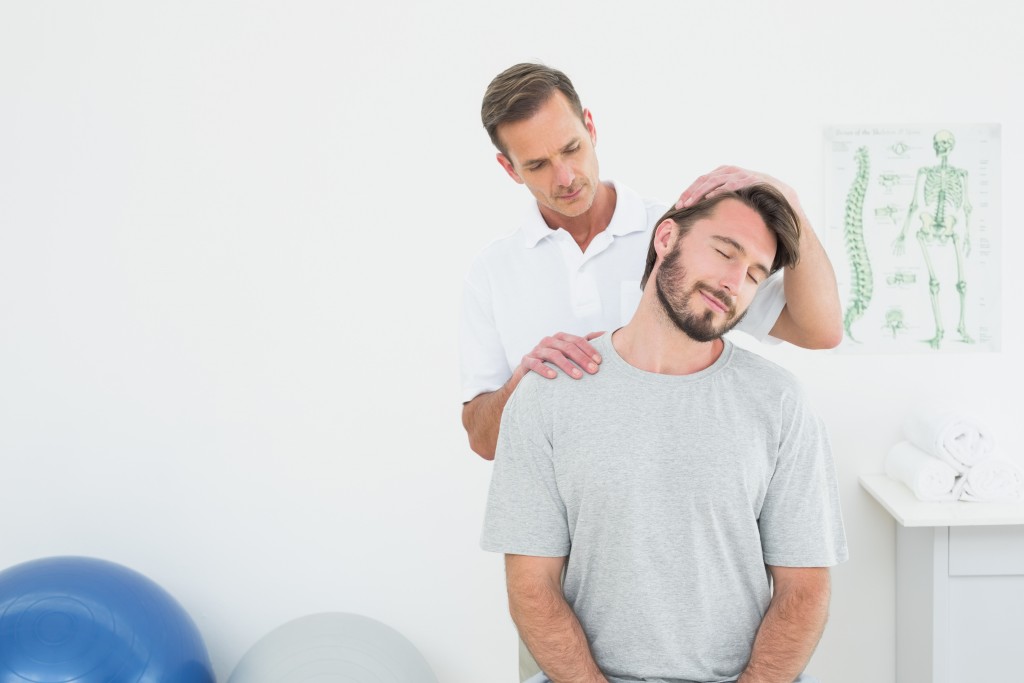Getting injured, especially at work, leaves an impact greater than we realize. Though the accident isn’t your fault, the fact that you sustained it while working can make you believe that you had a shortcoming. It doesn’t help much either if your employer is at fault because, in that case, you’ll be going through a stressful procedure that can further deplete your energy. But thankfully, experienced disability attorneys are there to help.
So now that the legal matters are handled, how are you to keep your mental and physical health in check?
If you sustained the injury recently, you might doubt that your recovery process can be a positive experience. But it is entirely possible. All you need to listen to your body, follow your doctors, and heed the following advice below:
Rest, rest, rest
When we aim to be productive every day, we tend to put aside rest and regard it as a waste of time. If you’re an athlete, you may think that resting will cause you to lose your shape. While abandoning exercise can make you gain a few pounds, the results will be worse if you skip rest and injure yourself further.
Rehabilitation is about putting strenuous exercise in the back burner. Instead, you’ll be focusing on healing and restoring your strength. Remember that chronic pain is a greater threat to fitness than resting, so go easy on yourself.
Besides, you don’t have to worry about losing muscle if you’ve always been active before the injury. You’re not likely going to pot if you stop working out for a few months.
Focus Your Workout On Your Uninjured Body Parts
When your body is ready for workouts again, don’t immediately resume your usual high-intensity routine. If you injured your wrist, for example, and you do weightlifting regularly, focus on cardio instead. Or, if it’s your legs that got injured, train your upper-body strength while you’re healing. The key is to design your workouts in a way that won’t strain your injured body part.

Take Care of Your Mental Health
If you’re going to be sidelined for a month or longer, it can take a toll on your mental health. Being unable to move your body the way you used to, even just for a time, can trigger feelings of powerlessness, which lowers your self-esteem. Hence, seek support for your mental health while recovering.
Even simple activities can be therapeutic. Cooking a healthy meal, for example, can get rid of the sense of being powerless. If you habitually consume anti-inflammatory food, you’d also help your body heal faster. In turn, you’d feel more in control of your life, despite your limited mobility.
Keep Your Mind Active
Our bodies aren’t the only ones that can be exercised. Minds can and should be exercised, too. As you spend your leave of absence, engage in puzzle, board, and other mind games. You can also find a new hobby, like writing, reading, or taking an online course. Just because you’re not at work means that you should stop learning. Games and new hobbies can also lift your spirits, improving your mental health.
Explore The Outdoors
Even if you’re bound in a wheelchair, enjoying the outdoors is still possible. You can go to parks and stroll on their wheelchair trails. Go to a lake and paddle. Call your friends and go camping. The fun activities you used to enjoy while uninjured can still excite you just the same.
Of course, it can be worrisome to go outdoors while healing, so choose only activities that won’t aggravate your pain.
Enjoying your time while recovering from an injury takes patience, so allow yourself to express your negative feelings first. What’s essential is overcoming them day by day. With your mind healthy, your physical body can heal a lot faster, too.

